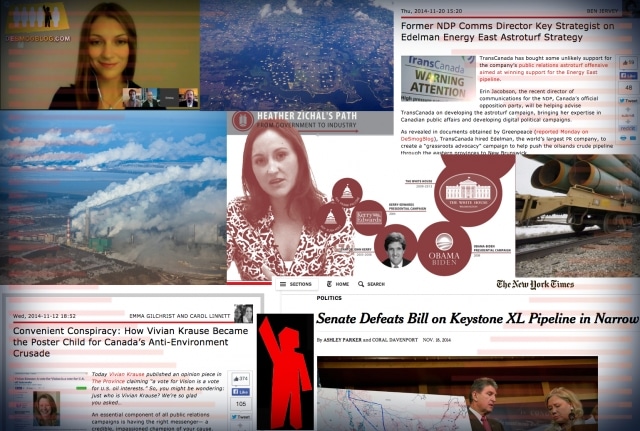This week’s episode of DeSmogCAST covers the Edelman TransCanada dirty PR campaign, DeSmogBlog’s new report on the gas industry revolving door lobbying push for LNG exports, and the outcome of the BC elections.
Hosted by DeSmogBlog contributor Farron Cousins, the DeSmogCAST guests this week are Emma Gilchrist, Brendan DeMelle and Steve Horn.
Subscribe to our newsletter
Stay up to date with DeSmog news and alerts







